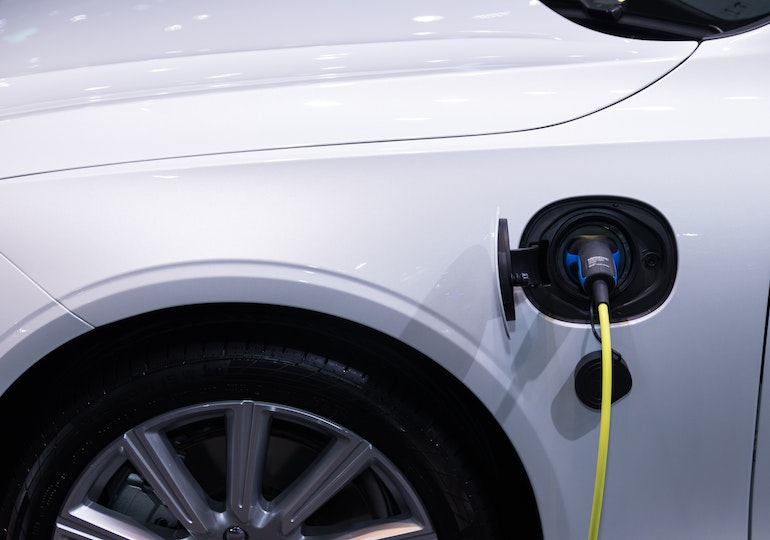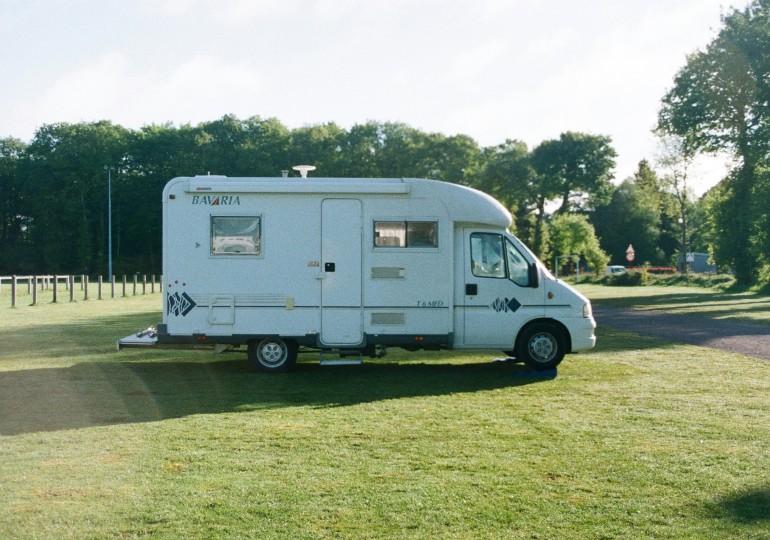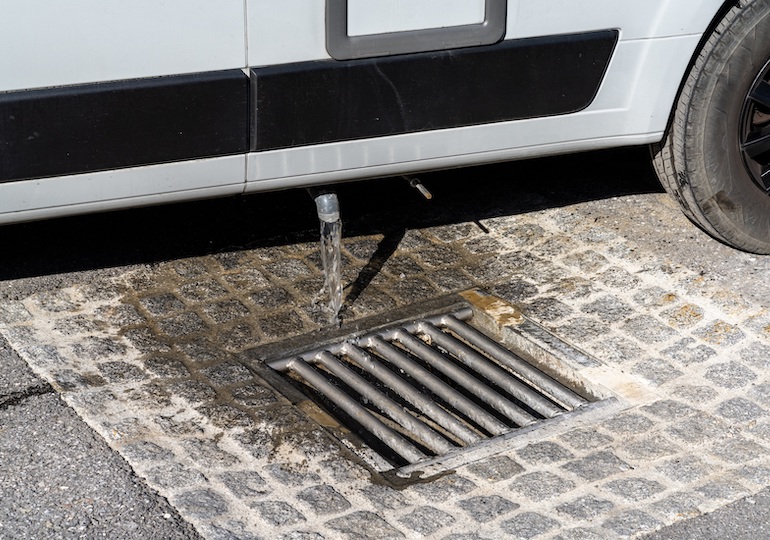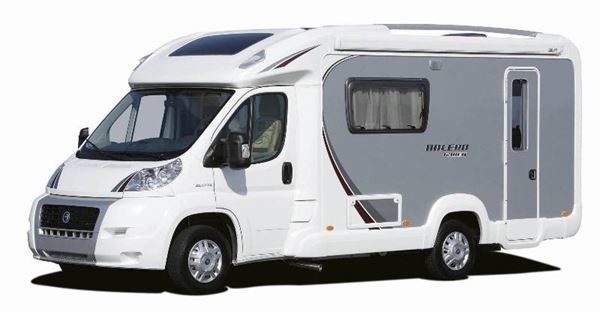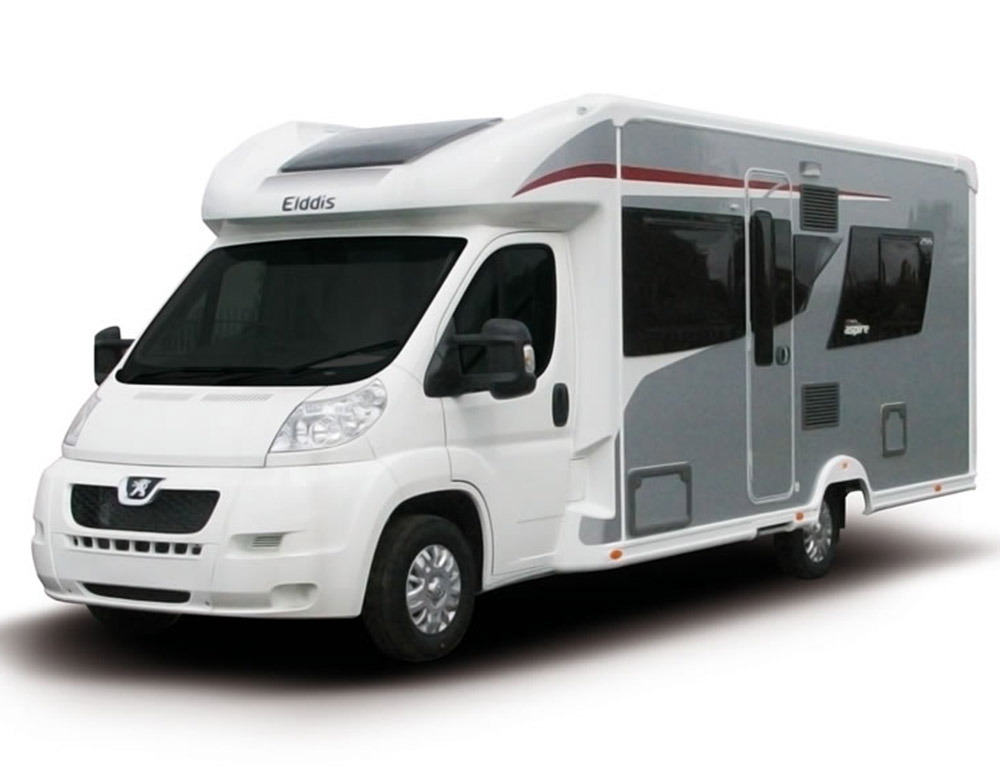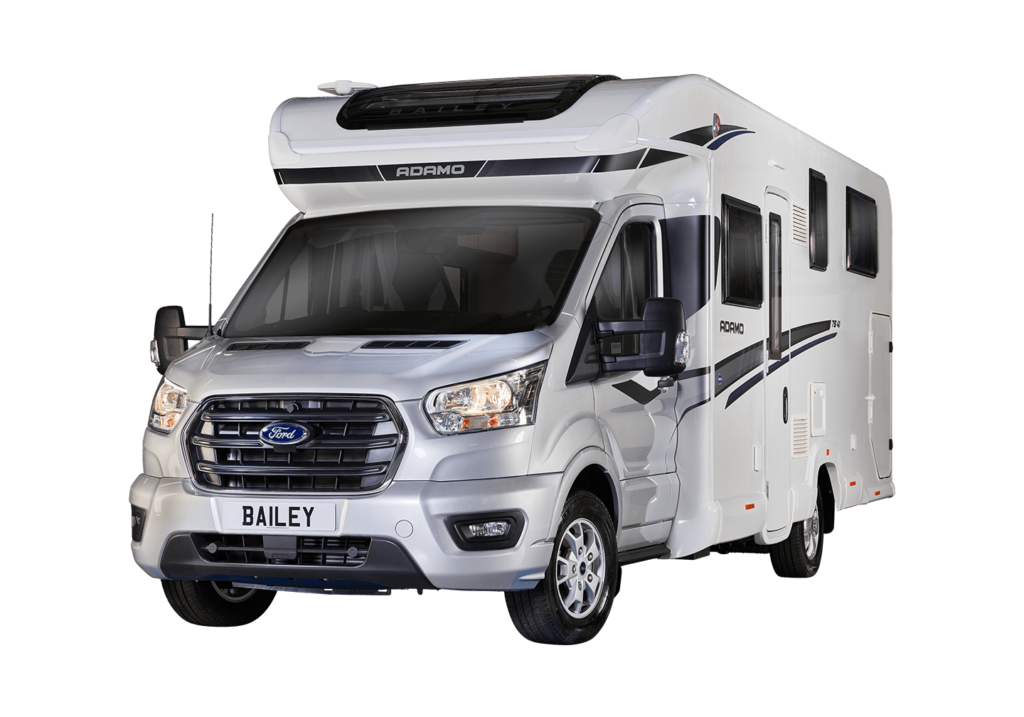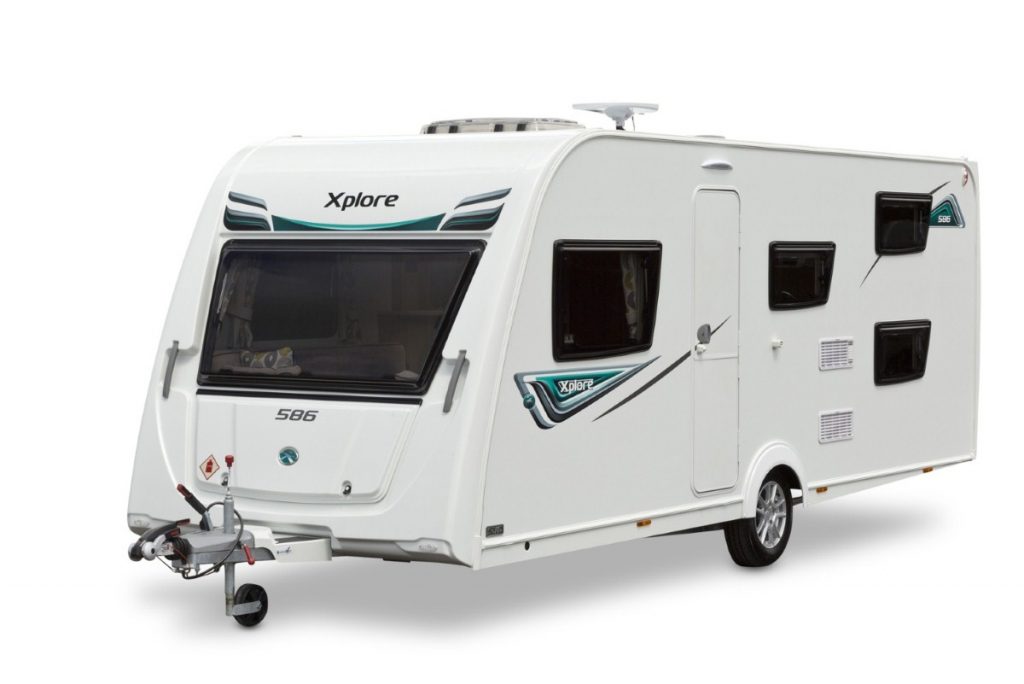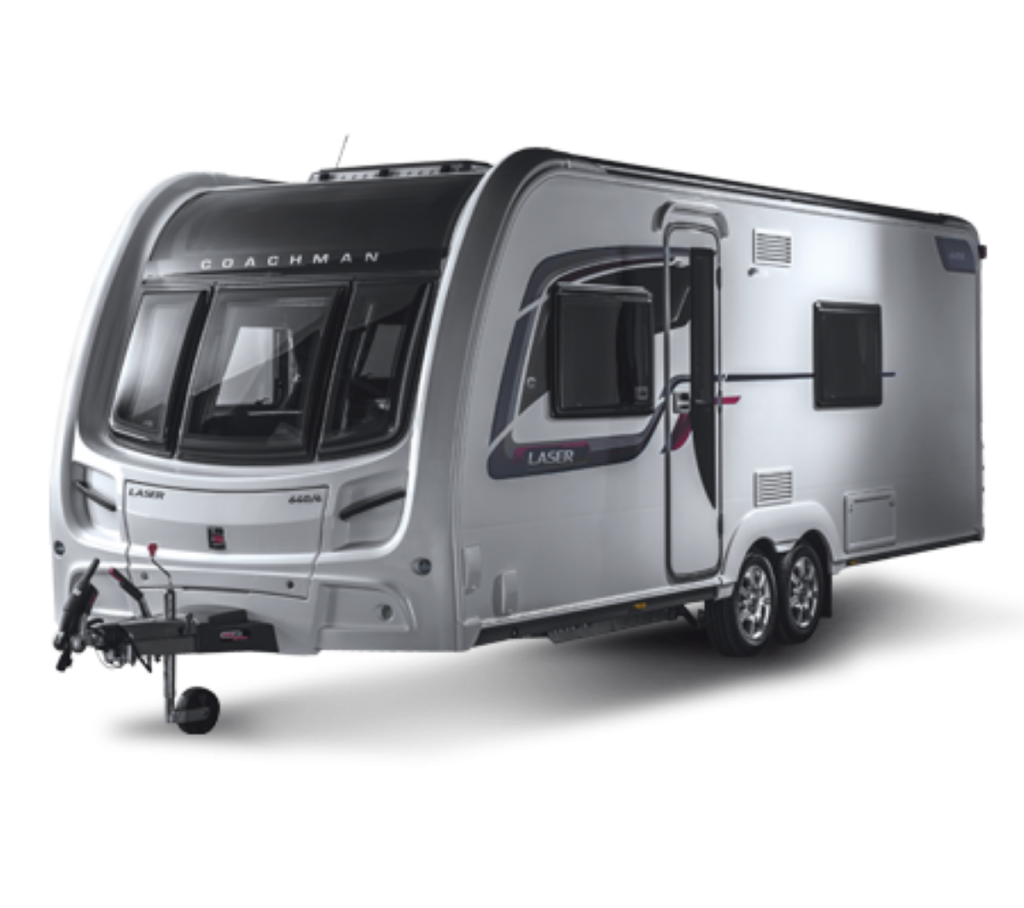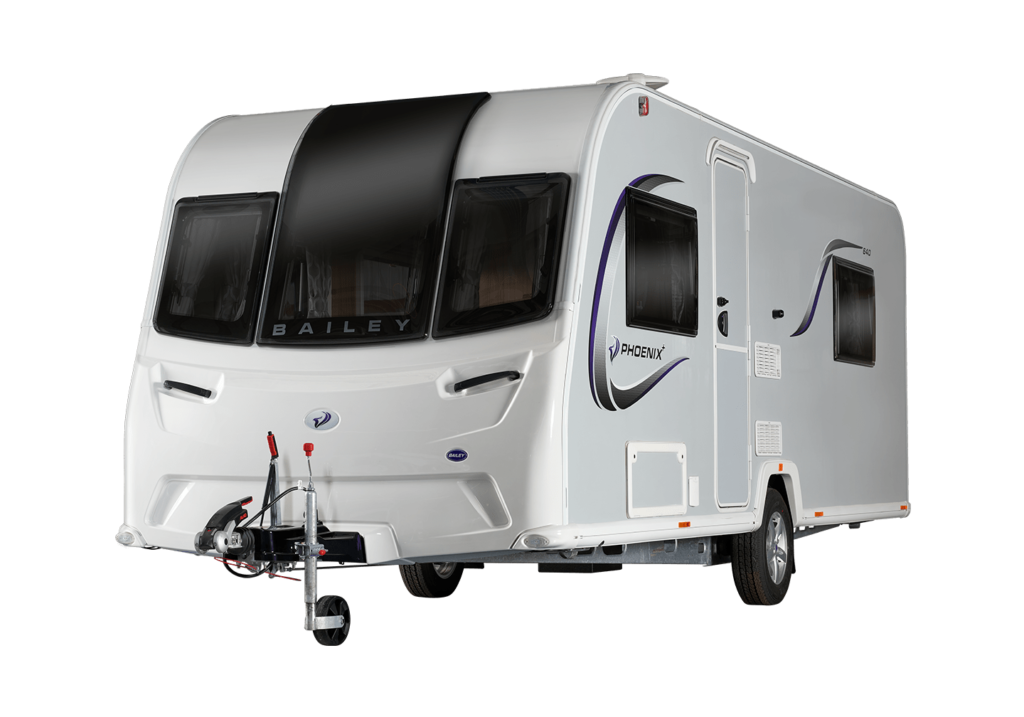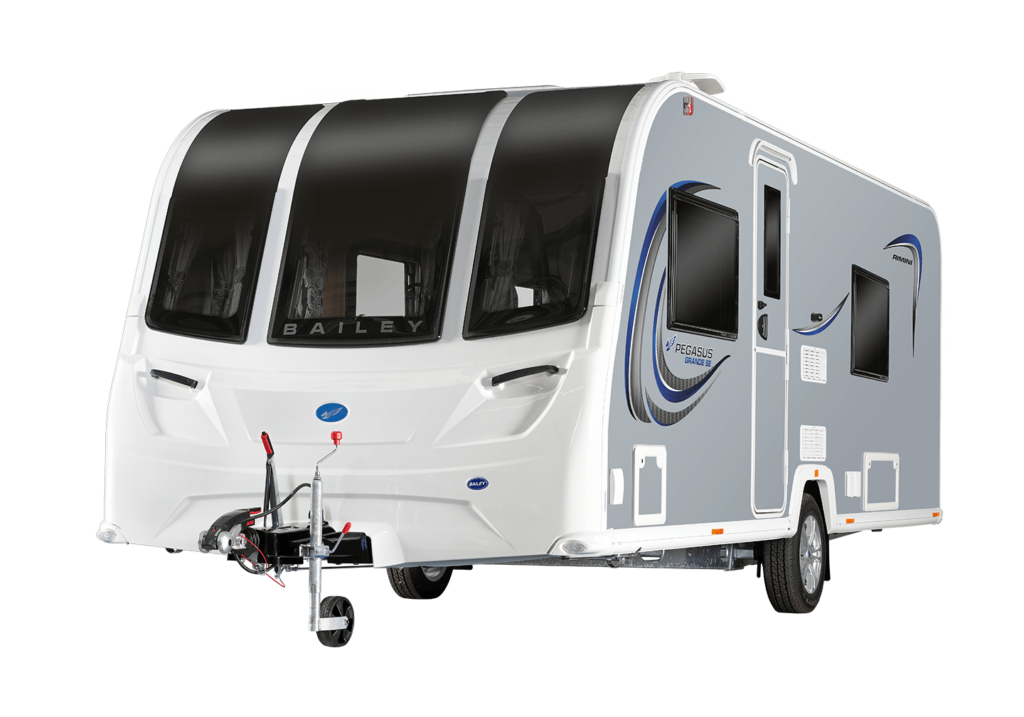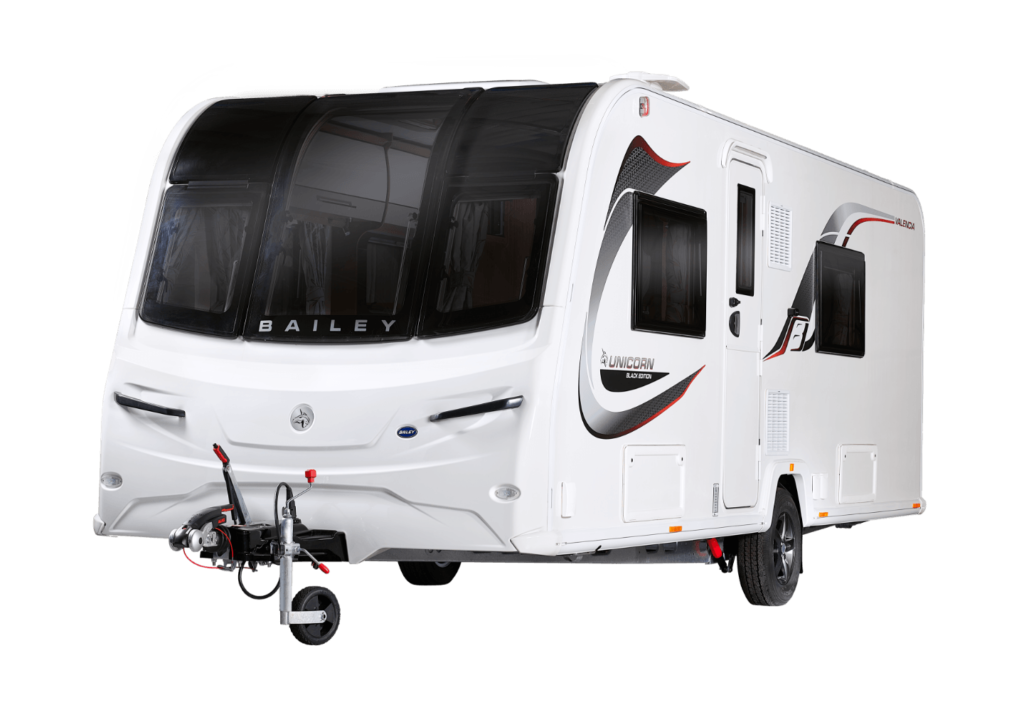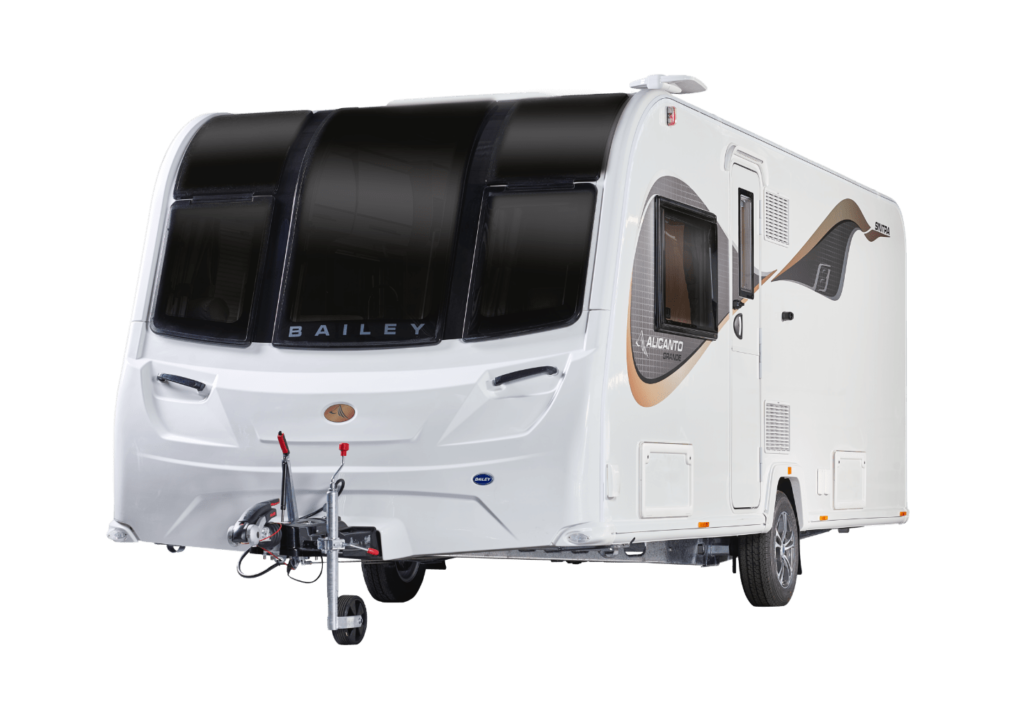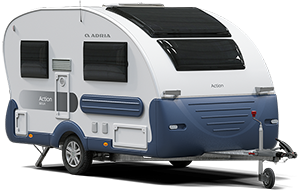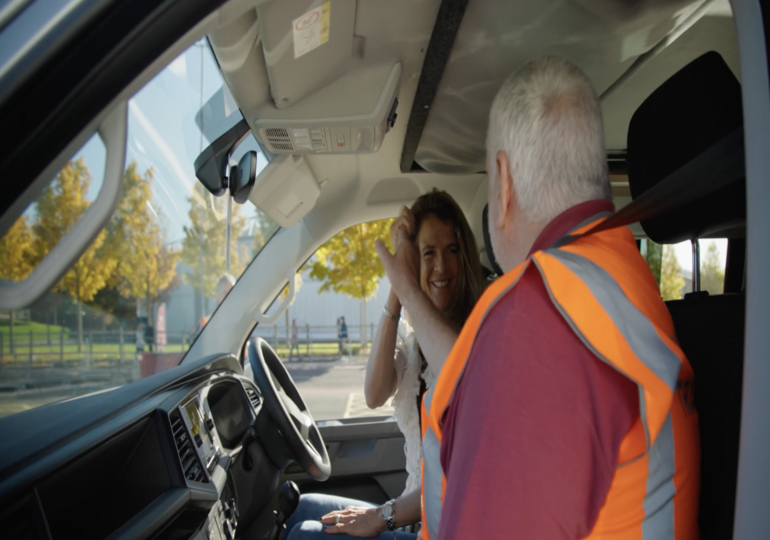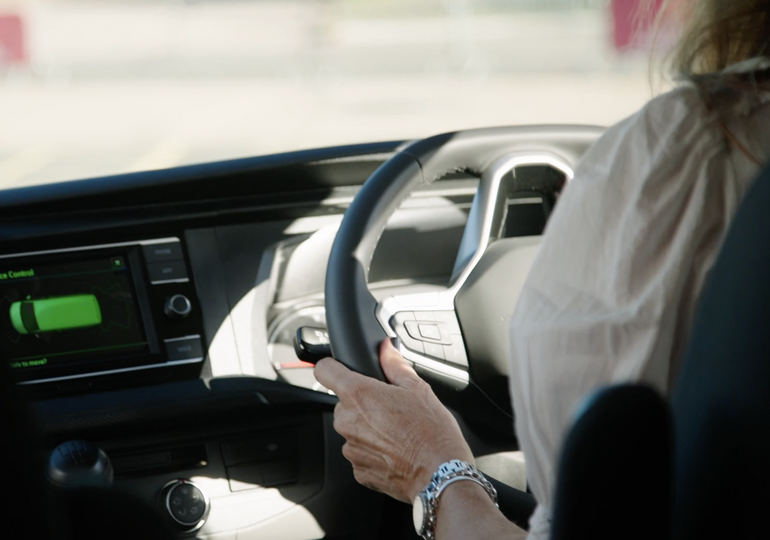Dan Cartwright has over 12 years of experience in the caravan and motorhome industry. He is a judge for a number of prestigious leisure vehicle awards and regularly heads off in his motorhome with his family. Every week, Dan shares his insights with the community. Here’s what he has to say this week.
Before everybody laughs at me and starts mentioning range anxiety, charging points and the ethics behind battery production and green credentials, let me just start by saying that electric cars make fan-flipping-tastic towcars!
In last week’s Cartwright Chronicle, I talked about the benefits of towing a caravan in sports mode. Well, things such as rapid throttle response, instant torque and power are all found in electric vehicles.
EVs are generally heavy, so proportionally, the weight of the car is much more than you’d find in an engined counterpart. Moreover, the weight distribution is fantastic! Often, the heaviest bit – otherwise known as the battery – is built into the chassis, so it’s low and spread across the entire width of the car. In other words, this is the perfect way to carry weight in a vehicle.
But now there’s another reason to consider electric towcars and it’s all about money and the second-hand market.
EVs and depreciation
EVs are the fastest-depreciating cars in the UK. This means that picking up a two to three-year-old electric car could save you 20 to 30 per cent of its original price. This drops what are very, very good cars into the same bracket as your average family vehicle.
The Society of Motor Manufacturers and Traders recently published statistics that showed the top ten fastest-depreciating cars in the UK in the first half of 2023, and every single one is electric.
Of the vehicles in this list, I have personally towed with half of them, including the Volkswagen ID.4, Nissan Leaf, Jaguar I-Pace, Volvo XC-40 Recharge and even the Tesla Model X, which isn’t exactly designed to be a towcar, but that didn’t stop me!
So, that’s half of the top ten fastest depreciating cars in the UK, but I thought all of them were excellent towcars. Most of these were tested at Millbrook during the Towcar of the Year competition judging.
For example, in 2022, the Volvo XC-40 Recharge topped its class of caravan weight 1,500kg to 1,700kg. To have bought that last year, you’d have been looking at between £50,000 to £60,000. Now the average used price is around £40,000 – and that’s only one year later.
What an absolute steal of a car! Picking one up now would mean you enjoy a fantastic day-to-day driving experience and save money (with the right plan) compared to petrol. You’ll benefit from a highly dependable range, too. So, if you are looking for a one-year-old car for £40,000 there aren’t many better options, from a towing perspective.
Now, it’s fair to say the impact of towing on an EV’s range is still unknown. It’s so varied, according to wind speed and direction, resistance, throttle, air temperature, inclines, breaking and many other factors. You can’t really calculate, or even estimate, the average loss in range when towing.
However, it does give you another reason to consider these vehicles as towcars and maybe think about taking a slightly slower route, with a few stops.
Photo credit: Rathaphon Nanthapreecha / Pexels

